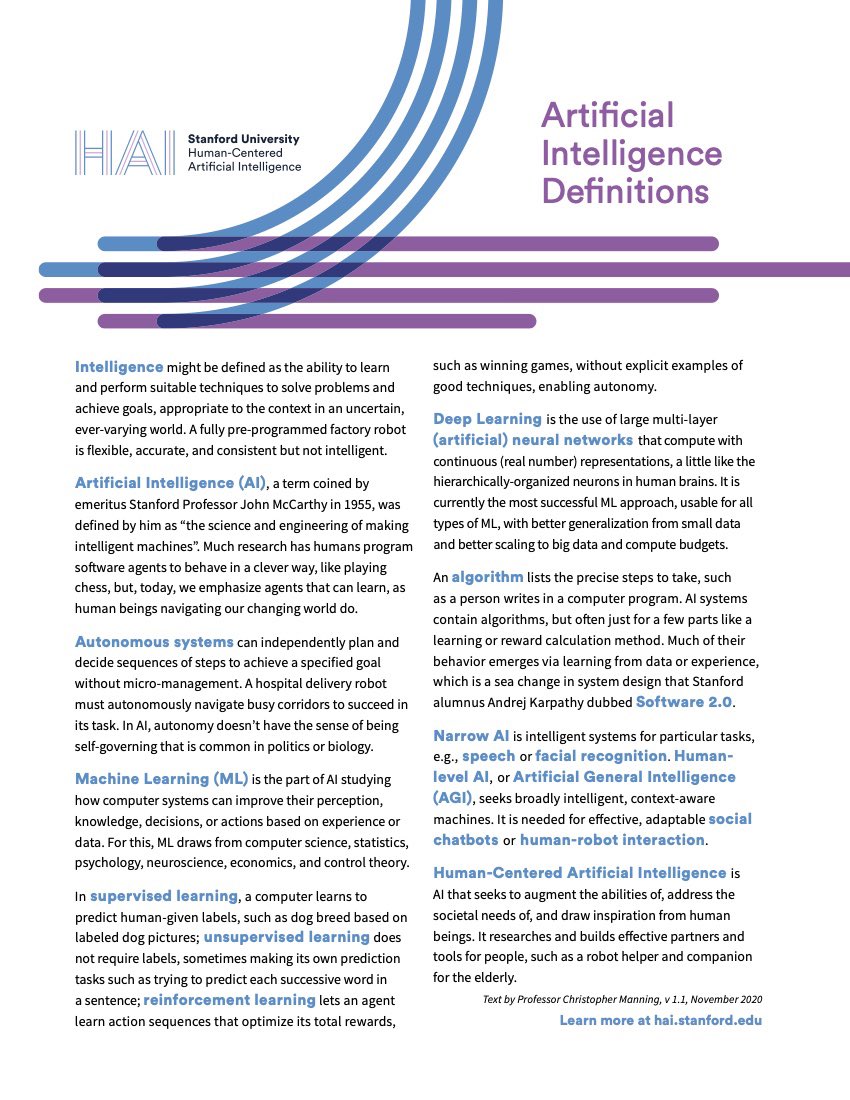

As ingenious as Winston’s program is, it would be more compelling if it was derived from the empirical foundation of psychology. Instead, Winston rests on his intuition to describe the competence associated with such behavior. Winston’s account of his program for replicating the application of simile in teacher-student interactions did not relate to any studies in educational psychology. Winston (1979) suggested that the first of five steps in building an AI learning program is to examine or characterize some learning competence. Even those researchers, who explicitly acknowledge the significance of individual data, ignore psychological studies from their work. However, many AI workers have taken human studies into account still, empirical psychology can be ignored in favor of intuition or introspection. Gelernter’s remarks affirm through the geometry-theorem proving program. Perhaps a part of the reason for AI’s early disinterest in human studies was the indecisiveness for the full-fledged assimilation of psychology to underscore discrepancy in the constitution of intelligence. Important programs, such as Samuel’s checker-player were developed, applied, and tested without randomizing with any correlative studies of human performance. Assumptions about cognitive processes have been drawn from the intuitions or introspective analyses of AI workers rather than empirical studies. The history of AI shows that program design and description has always relied on the elements of human psychology. Accuracy, efficiency, flexibility, and reliability are the primary criteria of success for such systems and information about human performance seems to be neither necessary nor desirable. As an engineering discipline, the objective of AI is to devise and implement machines, which can perform operations by practical means. Artificial Intelligence and PsychologyĪ distinction is sometimes drawn between AI’s engineering facet and its theoretical aspects. Although it is under debate as to how various psychological phenomena can be justified in computational terms as to which AI concepts are applicable for computer modeling methodologies following psychologist’s perspective is yet to be seen.

The functionalist attitude witnesses the mind as a representational system and psychology as the offshoot of the various computational processes, whereby mental representations are built, organized, and deciphered.

Many psychologists think that the science of AI can integrate all of the phenomena generated by the human mind. Moreover, the third group is least bothered about these issues at all, as is typical of human society.

While the other says that society cannot progress or derive benefits from resources without the help of machines that can think for themselves at least partially. One opinion says that many of us are already stricken by poverty without work, and there is little or no reason to create mechanical laborers that can think independently. In this golden age of technology, with no end or limit in sight, the moral and ethical repercussions of AI have three sides to the argument. This human-centered focus is based on interdisciplinary synergistic research from cognitive neuroscience and psychology to theoretical computer science. Just as cognitive psychology may discover new avenues of investigation from algorithmic-instruction theory, algorithmic-instruction theory may have more practical implications as it assesses the complexity of human behavioral data. Interest in AI has primarily concentrated on autonomous systems that might replace people in the respective fields. The late (1990s) and the beginning of the (21st) century were the start points of the intertwining AI technological elements into the larger frame of systems. AI applications seem to have a ubiquitous infrastructural presence in any given industry. Most of the advanced AI applications have greatly trickled into routine applications so that they cannot be distinguished individually once something is implemented as a general application, and it is of immense use, it cannot be specified as AI anymore. Rtificial Intelligence (AI) has been introduced in multiple fields, including games, robots, law, stock trading, remote sensing devices, and scientific inventions, as well as diagnostic procedures.



 0 kommentar(er)
0 kommentar(er)
